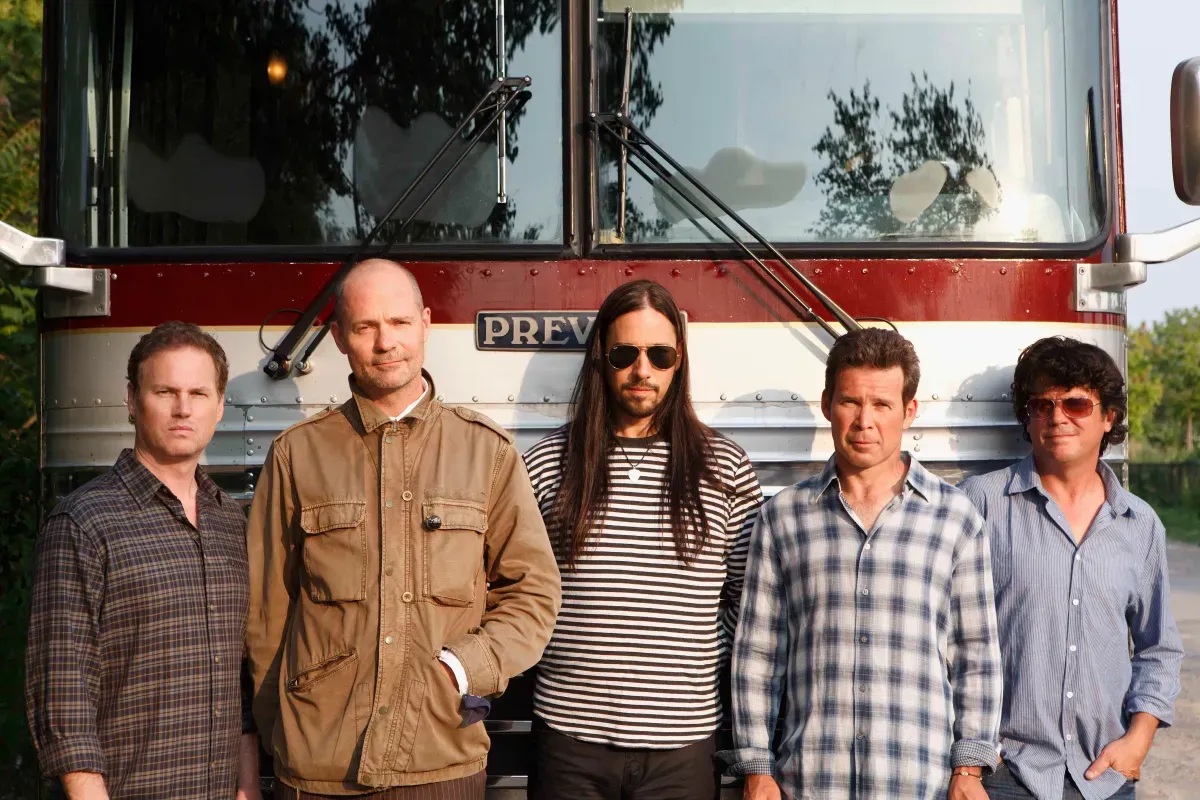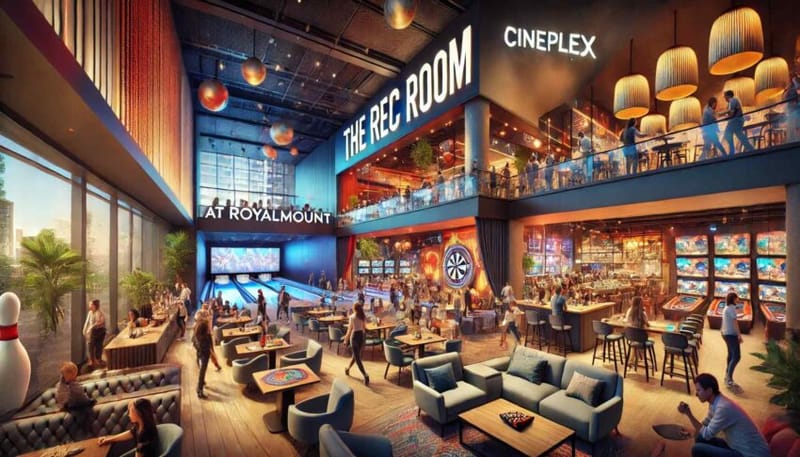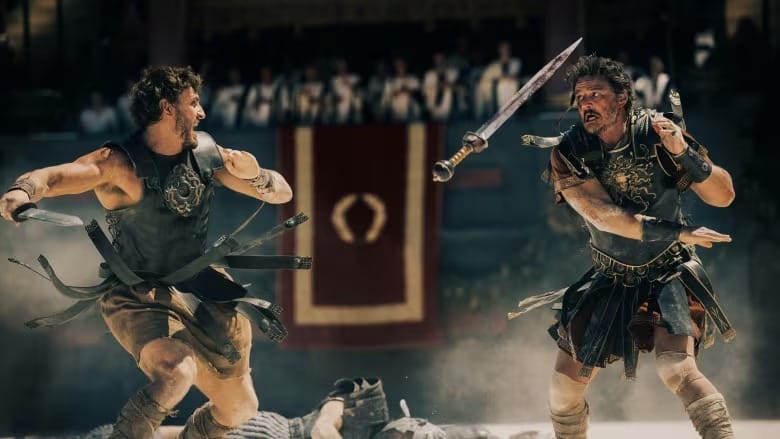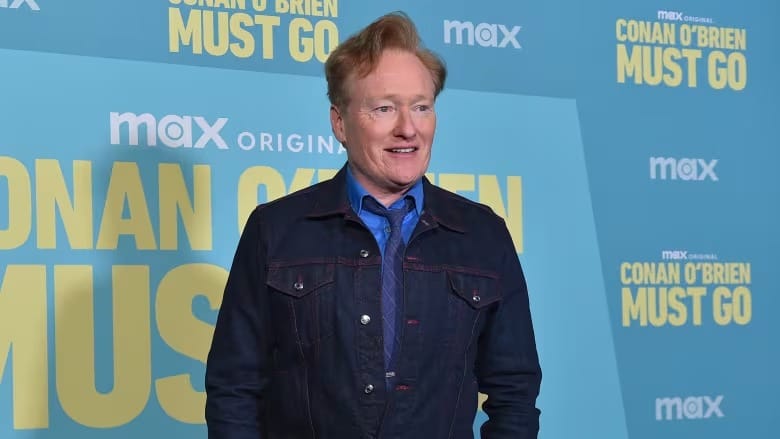‘The Tragically Hip: No Dress Rehearsal’: An intimate look at Canada’s band
It’s been almost exactly seven years since Canadians lost The Tragically Hip frontman Gord Downie, and more than eight years since the band played their last-ever show in Kingston, Ont.

It has been nearly seven years since Canadians lost Gord Downie, the frontman of The Tragically Hip, and more than eight years since the band performed their final show in Kingston, Ont.
The passage of time, distorted by the pandemic, feels harsh. Can it really have been that long since we lost one of our country's most beloved and charismatic musicians? Has it truly been nearly a decade since the group affectionately known as "Canada's Band" last played together?
The Tragically Hip: No Dress Rehearsal, a four-part docuseries premiering on Prime Video on Sept. 20, offers an intimate glimpse into the band's journey, from their modest beginnings in small-town Ontario to their celebrated performances on stage.
Directed by Gord's brother, Mike Downie, the series features four hour-long segments filled with candid moments from Gord and the other band members, documenting their evolution from aspiring teenagers to recognized rock stars.
The docuseries showcases stunning concert footage—some clips even die-hard fans may not have seen before (no spoilers!)—along with interviews from family, friends, and fans, including Canadian celebrities like Dan Aykroyd, Jay Baruchel, and Bruce McCulloch, who share their admiration for the band. This reinforces what fans already know: The Tragically Hip represented something extraordinary, a unique musical magic that may never be replicated in Canada.
Global News spoke with Mike Downie and remaining band members—Paul Langlois, Rob Baker, Gord Sinclair, and Johnny Fay—about the significance of the docuseries, their rise to national fame during the peak of Canadian rock, and life after Gord's passing.
Reflecting on the archival footage and shared experiences, how did it feel to watch everything again?
Gord Sinclair: It’s like a bird’s-eye view. Throughout our careers, we kept a narrow focus, moving from one gig to the next and then to the next opportunity to record. Stepping back, I feel immense gratitude for the chances we had… We were often unsure if we could make another record after the last one.
I’m grateful to the fans and to the guys I made music with. Rewatching it really made me appreciate what Mike went through. He moved with Gord from Amherstview when we were just 13, and he approached this project not only as a friend but also to honor his family and the band. I think he did an amazing job. It’s a wonderful retrospective.
Why did you choose now to release this docuseries?
Mike Downie: Timing was crucial, and it’s explained in the film.
For the band, the years after Gord’s passing felt a bit lost. We tended to retreat into our own experiences, trying to make sense of it all. When we returned to our old high school, which had been sold to Queen’s University and was empty, we were able to take it over for four days in October 2021. It was almost four years to the day since Gord passed. I realized that this was likely the right amount of time—not too long, but enough distance for clarity about the band and our early days, which was what we aimed to do back in high school.
I remember the lump in my throat as we started discussing everything. But soon the story took over. Gord may no longer be with us, but he lives on in those stories. Hearing anecdotes I didn’t know about my brother from these guys was truly special. They spent so much time away together. Much of that might not be in the doc, but it will always be with me.
Has creating this film and looking back at everything helped each of you with your grief?
Rob Baker: Grief is something that stays with you; it never fully goes away. The good memories are like a refreshing experience, but grief leaves its marks. You have to adjust how you navigate life. Time is ultimately the best healer. Just like in the band, we took it one step at a time, focusing on the next gig and the next song, and it’s the same with grief.
We lost a brother and went through everything collectively and openly, but then we all had to grieve separately. That solitude was really tough.
Watching this footage is astonishing. It feels like you’re right there in the moment. What was it like to rise to fame during the '90s Canadian rock scene?
Johnny Fay: It was a blast! I recall being thrilled about a gig opening for 54-40 at the Spectrum in Montreal, and a year later, they opened for us in Saskatoon.
Afterward, someone told me, “It felt like we were watching a plane take off, and you guys just soared into the clouds!”
Conversations like that were surreal. Bands like 54-40, Blue Rodeo, and The Northern Pikes were all in it together, using the same PA systems and touring through harsh winters. Surviving that was a story in itself. It was an exciting time to play rock 'n' roll in Canada, with many incredible bands. We were all enjoying it, especially in that pre-phone era, where people actually experienced the music live. It was a golden age for music.





